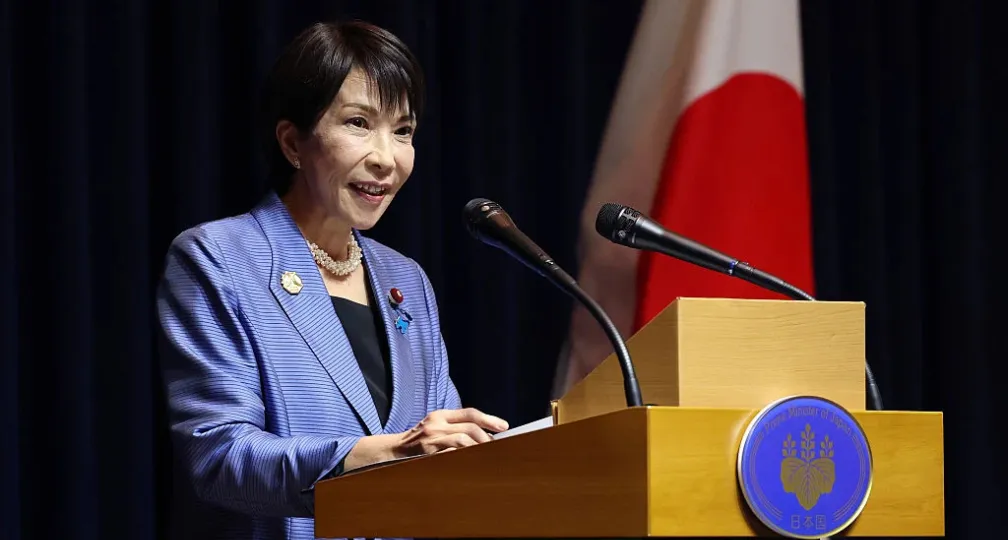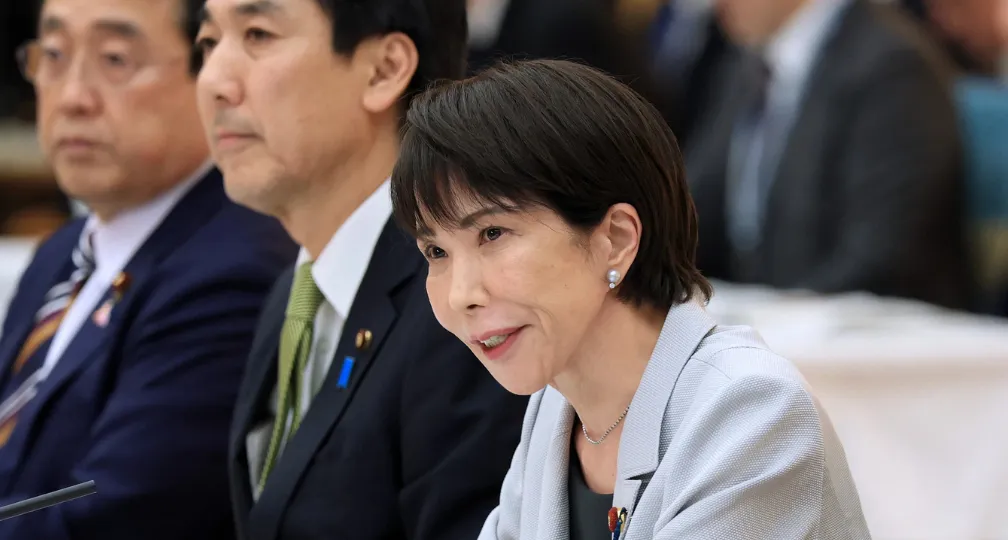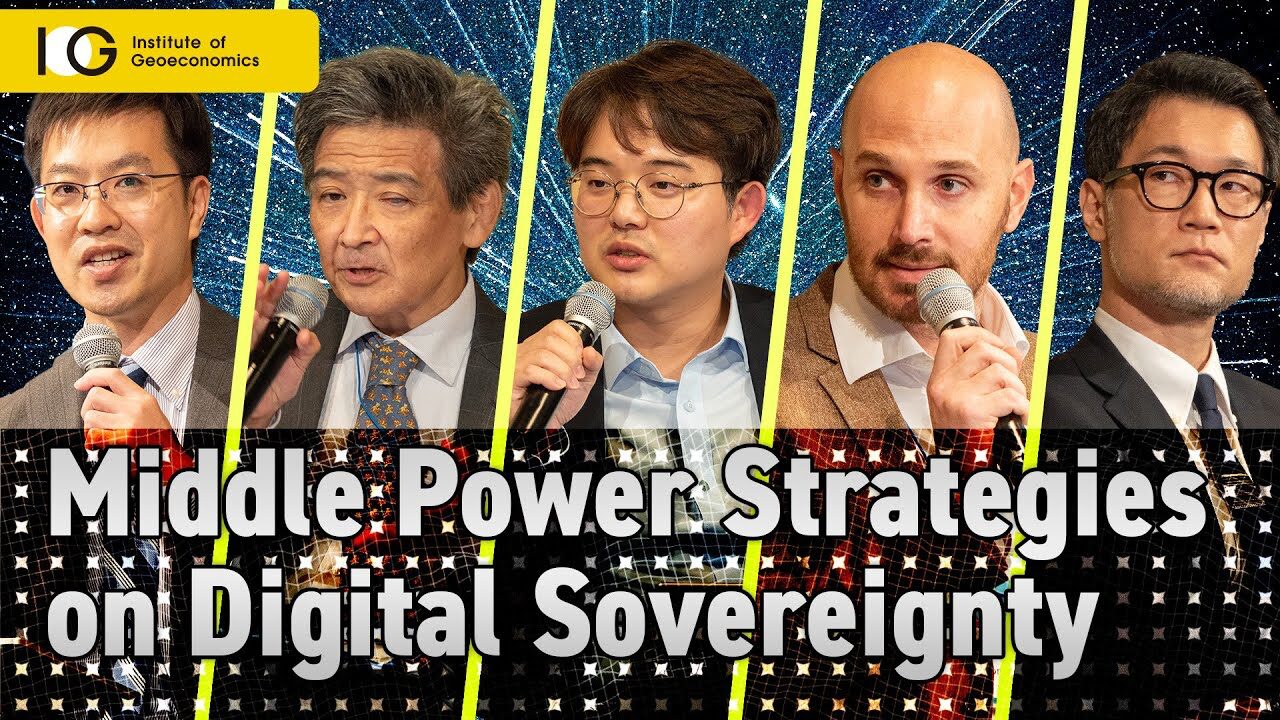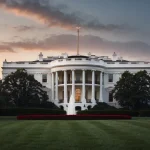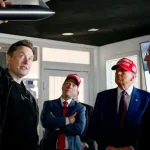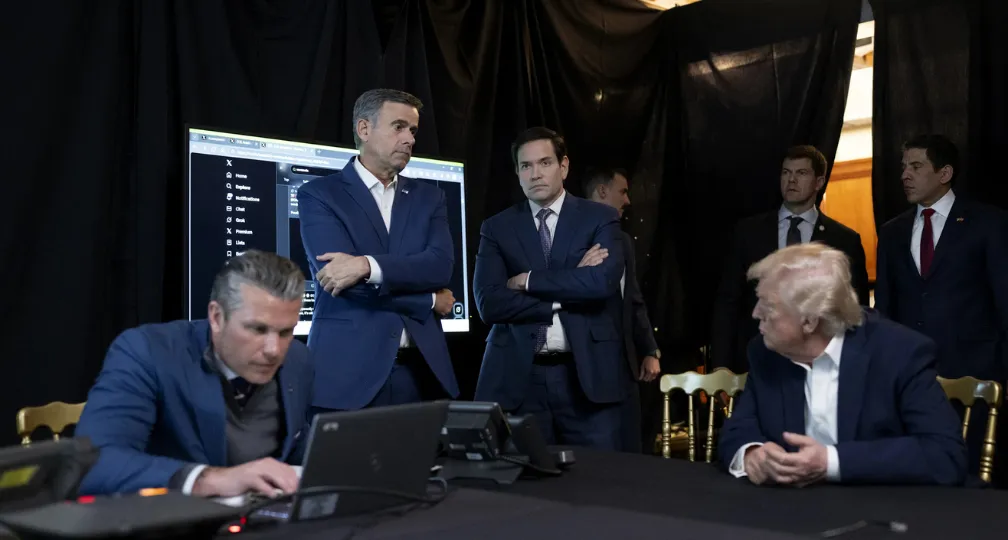IOG Economic Intelligence Report (Vol. 2 No. 6)
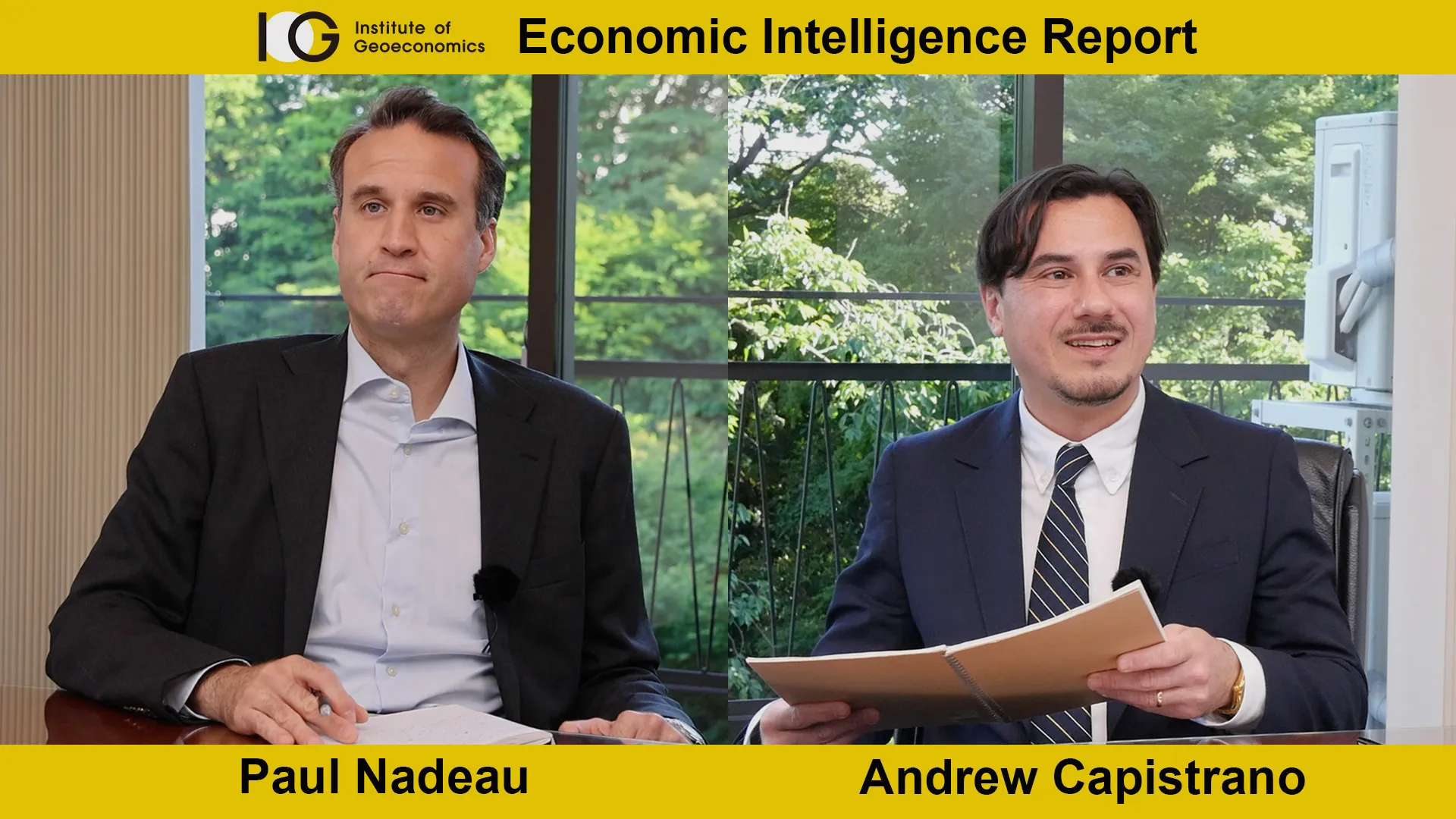
The latest regulatory developments on economic security & geoeconomics
Japan-U.S. Deal on Critical Minerals: On Tuesday, March 28, Japan and the United States agreed to a deal to prohibit bilateral export restrictions on minerals critical to the production of electric vehicles. It also requires the two sides to collaborate on combating “non-market policies and practices” of other states in the critical minerals trade as well as conducting investment reviews of foreign investments in their critical mineral supply chains (beginning in 2024, EV batteries cannot have any minerals from a foreign entity of concern, which includes China, to qualify for the tax credit).
The agreement will enable Japanese vehicles to qualify for the EV tax credits provided in the Inflation Reduction Act (IRA) which allowed tax credits for EV purchases to be expanded to EVs using minerals extracted and processed from countries with whom the United States has a free trade agreement, which initially excluded Japan and the European Union.
IPEF Update: Officials from the 14 member states of the Indo-Pacific Economic Partnership (IPEF) met in Bali, Indonesia from March 15-19. This was the first time that text was tabled on digital trade, which will be contentious for the United States given that many progressive Democrats are opposed to internet companies being shielded from third-party liability while the U.S.-based Coalition of Services Industries has called for such language to be included in IPEF as it was in the U.S.-Mexico-Canada Agreement (USMCA).
While there were no deliverables from this round, progress was made on the trade pillar (Pillar 1, specifically language on trade facilitation, agriculture, services domestic regulation, and transparency and good regulatory practices) text that was tabled at the Brisbane round in December 2022, and U.S. negotiators tabled text on labor, environment, digital trade, and technical assistance subtopics in Pillar I. Progress was also made on Pillar II (supply chains) and Pillar III (clean economy). U.S. officials remain committed to completing an agreement on IPEF before the APEC leaders’ meeting in San Francisco this November.
Additionally, the Biden administration requested $50 million for IPEF in its FY2024 budget request to Congress, specifically as part of a discretionary budget request for the State Department and U.S. Agency for International Development (USAID).
Deals in Delhi: India’s Prime Minister Narendra Modi and Japan’s Prime Minister Kishida Fumio signed a pair of agreements during their meeting on March 20, including an agreement on the construction of a Mumbai-Ahmedabad high-speed rail using a $300 billion loan from the Japan International Cooperation Agency (JICA). Japan’s Ministry of Foreign Affairs described the deal as a “flagship project of Japan and India.” The two leaders also agreed to use the Japan-India Act East Forum to continue cooperation in the development of northeast India and promote cooperation on the India-Japan Clean Energy Partnership that was announced last year.
Tough Crowd: U.S. Trade Representative Katherine Tai faced criticism from members of Congress during her appearances before the House Ways & Means Committee and Senate Finance Committee last week. Members from both parties criticized her and the Biden administration more broadly for a “go-it-alone” approach to international trade that circumvents Congress’s role in trade policy, with Senate Finance Committee Chair Ron Wyden (D-OR) calling “unacceptable” to pursue trade initiatives that circumvent Congress (he would later criticize the critical minerals deal with Japan on the same grounds). He also criticized USTR’s efforts for failing to reduce trade barriers for U.S. exporters, citing challenges for Oregon farmers to sell potatoes in Japan. For her part, Amb. Tai said that she was open to discussions with her counterparts in China (more below), but only on terms that would address China’s unfair economic practices.
New Trade Chief in China: He Lifeng was formally installed as China’s new chief economic decision maker and vice premier, replacing Liu He in the role. Formerly the head of the state planning agency and described by Reuters as a confidant of Xi Jinping, with their relationship going back to their time together in Xiamen forty years ago. According to the Brookings Institution, He’s rise through the bureaucracy is due to this “patron-client” relationship with Xi. His exact portfolio is yet to be determined, with some of Liu’s responsibilities possibly being delegated to new Premier Li Qiang.
Tax Tweaks in Russia: Russia is planning to adjust how its oil companies are taxed in order to capture more revenue from sales in excess of the G-7’s $60 price cap on Russian oil exports. Specifically, beginning in April, Russia will switch to using the Brent oil prices to calculate taxes on oil exports. Because the Brent oil price is roughly $40 higher than Russia’s current Ural benchmark, using the higher benchmark will reflect the range of prices that Russian oil has been sold at and also will allow oil sales to be taxed at higher amounts and secure additional revenues for the state.
New Members for USTR Advisory Committee: The Biden administration announced the new members of the Advisory Committee for Trade Policy and Negotiations, a group that meets two to three times per year to advise the Office of the U.S. Trade Representative on policy. The membership includes representatives from labor unions, the legal sector, academia, the manufacturing sector, technology sector, and transportation sector (see the bottom of the newsletter for the full list ). U.S. Trade Representative Katherine Tai emphasized the group’s role in developing a “worker-oriented” trade policy.
Partnering Up on Economic Security: Germany’s Olaf Scholz and Japan’s Kishida Fumio agreed to deepen cooperation on economic security as both countries seek to reduce their potential overdependence on China for raw materials. A joint statement from the two countries said that they will work to establish “a legal framework for bilateral defense and security cooperation activities.” Japan is Germany’s second-largest trade partner in Asia after China.
Analysis: The Future of the Sanctions Program on Russia
One of the reasons sanctions and other tools of economic warfare became popular is because they’re seen as low-cost, at least compared to expensive defense systems and personnel. One of the most immediate responses to Putin’s invasion was a swift and decisive sanctions regime that included freezing currency reserves, expulsion from the SWIFT banking system, and more. While the threat of sanctions such as these might not have been enough to deter Putin from his invasion, they delivered a meaningful blow to Russia’s economy and its ability to execute the invasion without the Western coalition ever having to fire a shot.
But while economic warfare might be relatively low cost, it doesn’t always come cheap – and it can sometimes be extremely expensive, as some of the Western coalition partners are beginning to learn. The steps that were put in place in response to the invasion were carefully crafted to avoid causing too much collateral damage to Europe’s economies, which is why the sanctions program, while unprecedented, was still more limited than it could have been since the aim was to find steps that were politically achievable among the entire coalition. In a mirror of how Putin was willing to absorb economic damage to achieve his geopolitical aims, sanctioning states may not be willing to accept geopolitical gains if the economic costs are too great. As important as it is to defend Ukraine, asking domestic audiences to accept a recession or other economic hardship is still a daunting task for any world leader. As a result, so far Russia’s economy has taken a smaller hit than many expected.
By now it’s clear that the invasion has settled into a protracted conflict and there’s a worthwhile discussion to be had on who would most benefit from a long war of attrition, not just militarily, but also economically and politically. While the effect of “shock and awe” sanctions may have not been as consequential as many expected and while Russia’s economy proved to be more resilient than expected, the economic situation isn’t static and there’s still a lot of ways that the situation can evolve.
For now, the likely goal of Western economic efforts will be to explore secondary sanctions that target transshipments of sanctioned materials into Russia through third countries. For example, Kazakhstan’s exports of semiconductors to Russia went from $12,000 in 2021 to $3.7 million last year. There’s also been a surge in Chinese vehicle exports to Russia, which makes sense since Russia’s own automotive industry has struggled due to sanctions and inputs being diverted toward military purposes. At the same time, the idea is diplomatically challenging given countries are reluctant to potentially face sanctions themselves along with the risk of political blowback. But without some kind of measures that address transshipments, there might remain just enough of a slow drip of economic support to help Putin maintain his invasion.
Still, Russia’s situation will remain challenging, even if it managed to weather the initial wave of sanctions. Just as West’s economic response to the invasion was swift but covered the easily achievable measures, so too did Russia’s economic response cover easily achievable steps like diversifying its currency reserves, finding new buyers for its oil, and reallocating domestic production. Resiliency will become more complicated the longer the war continues.
It will be especially difficult for Russia to recover its economic base not just because of sanctions but because millions of Russians who could be put to use in the economy or in innovation have been conscripted into military service or have emigrated abroad. For comparison, the Fletcher School’s Chris Miller, author of Chip War, estimated that it would take China five to ten years now to catch up with U.S. advanced chip technology following the export controls put in place last October – if that’s how long it takes for an advanced economy making significant investments in advanced chips, it will, needless to say, take Russia a much, much longer time itself. That will in turn have a critical impact on Russia’s ability to raise funds through oil and natural gas sales if they are unable to increase production over time.
There’s also the question of Ukraine’s ability to simply run a budget in the midst of a full-scale invasion, a topic covered well by Columbia University’s Adam Tooze, and there’s the issue of rebuilding Ukraine, which the World Bank estimates will cost $411 billion, and which will need to be paid for somehow.
Ultimately, it needs to be recognized that economic tools, however effective, won’t settle the conflict on their own and can’t be a complete surrogate for military and diplomatic efforts. But while economic tools won’t win the war, they can help set the terms on which an eventual peace is negotiated, whenever that might be.
Disclaimer: The views expressed in this IOG Economic Intelligence Report do not necessarily reflect those of the API, the Institute of Geoeconomics (IOG) or any other organizations to which the author belongs.
API/IOG English Newsletter
Edited by Paul Nadeau, the newsletter will monthly keep up to date on geoeconomic agenda, IOG Intelligencce report, geoeconomics briefings, IOG geoeconomic insights, new publications, events, research activities, media coverage, and more.


Visiting Research Fellow
Paul Nadeau is an adjunct assistant professor at Temple University's Japan campus, co-founder & editor of Tokyo Review, and an adjunct fellow with the Scholl Chair in International Business at the Center for Strategic and International Studies (CSIS). He was previously a private secretary with the Japanese Diet and as a member of the foreign affairs and trade staff of Senator Olympia Snowe. He holds a B.A. from the George Washington University, an M.A. in law and diplomacy from the Fletcher School at Tufts University, and a PhD from the University of Tokyo's Graduate School of Public Policy. His research focuses on the intersection of domestic and international politics, with specific focuses on political partisanship and international trade policy. His commentary has appeared on BBC News, New York Times, Nikkei Asian Review, Japan Times, and more.
View Profile-
 Analysis: When Is a Tariff Threat Not a Tariff Threat?2026.01.29
Analysis: When Is a Tariff Threat Not a Tariff Threat?2026.01.29 -
 Takaichi’s Strengths and the Need for ‘Strategic Signaling’2026.01.23
Takaichi’s Strengths and the Need for ‘Strategic Signaling’2026.01.23 -
 Takaichi’s Twin Challenges: Economic Growth and Security2026.01.13
Takaichi’s Twin Challenges: Economic Growth and Security2026.01.13 -
 It’s Now or Never: India’s Ambitious Reform Push2026.01.09
It’s Now or Never: India’s Ambitious Reform Push2026.01.09 -
 The Geoeconomics of Gen AI: Middle Power Strategies on Digital Sovereignty2026.01.09
The Geoeconomics of Gen AI: Middle Power Strategies on Digital Sovereignty2026.01.09
 Oil, Debt, and Dollars: The Geoeconomics of Venezuela2026.01.07
Oil, Debt, and Dollars: The Geoeconomics of Venezuela2026.01.07 It’s Now or Never: India’s Ambitious Reform Push2026.01.09
It’s Now or Never: India’s Ambitious Reform Push2026.01.09 The “Economic Security is National Security” Strategy2025.12.09
The “Economic Security is National Security” Strategy2025.12.09 Analysis: Ready for a (Tariff) Refund?2025.12.24
Analysis: Ready for a (Tariff) Refund?2025.12.24 Navigating Uncertainty in U.S. Space Policy: Decoding Elon Musk’s Influence2025.04.09
Navigating Uncertainty in U.S. Space Policy: Decoding Elon Musk’s Influence2025.04.09



